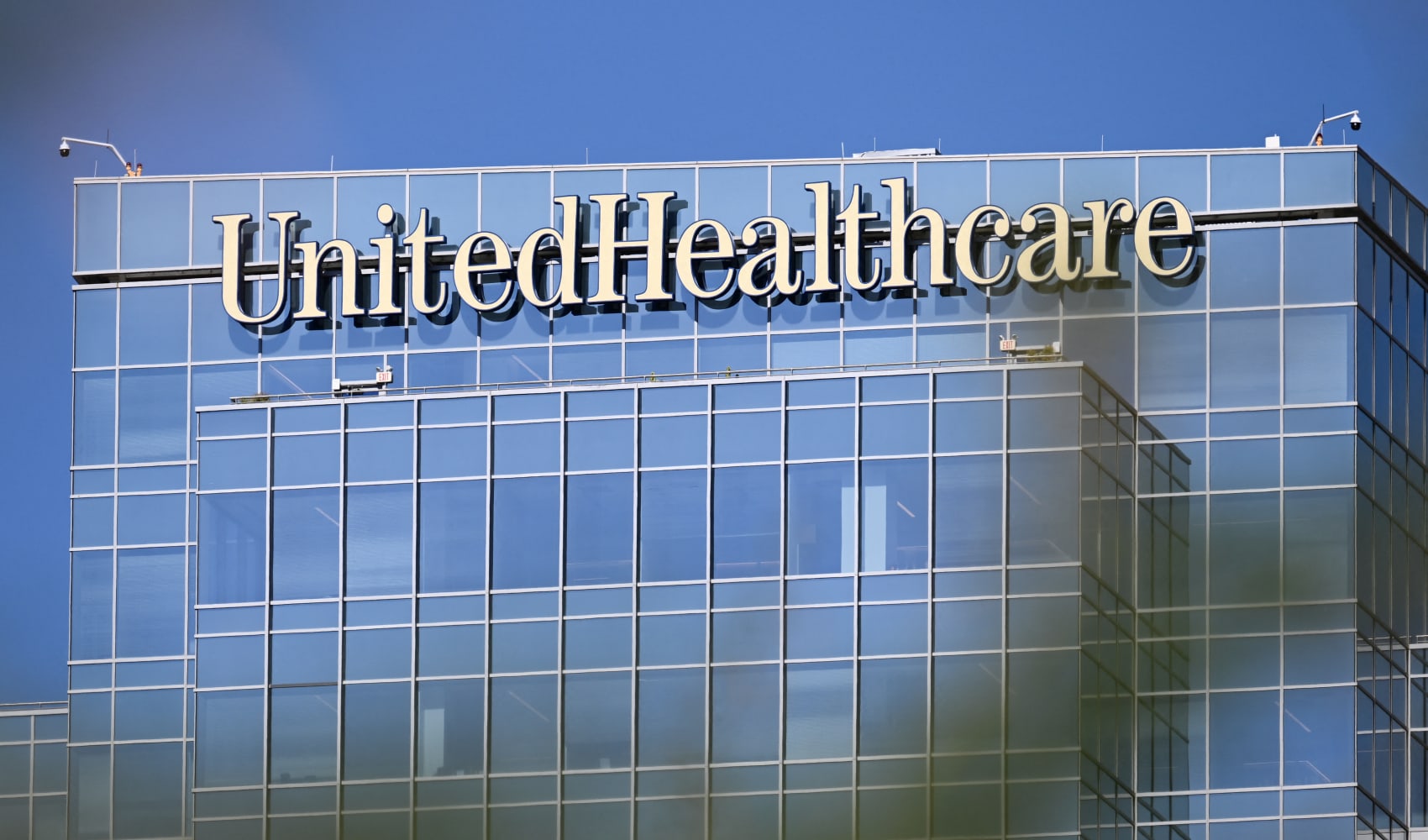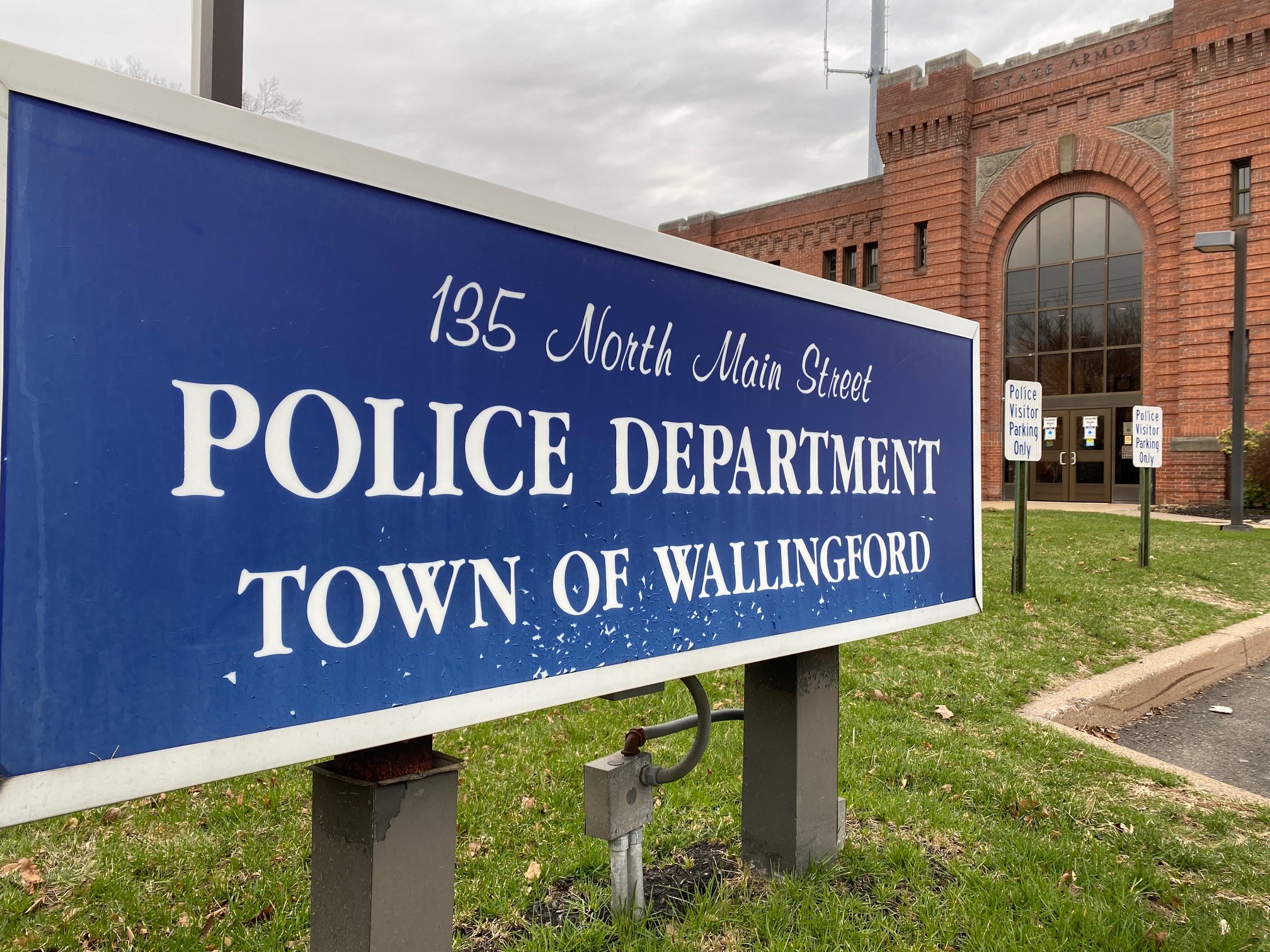With all that's changing in the pandemic landscape, many people have questions. Dr. Howard Forman, a professor of Public Health and Management at Yale University, sat down with NBC Connecticut to answer some of them.
NBC Connecticut's Dan Corcoran: "We had what felt like a couple-month 'honeymoon' from the pandemic early on this summer. Is that honeymoon now over?"
Dr. Forman: "It certainly feels like it's over, because last summer at this time we were still very much in lockdown mode, we had a lot of restrictions. We had a great summer from a Covid point of view but not from a lifestyle point of view. This summer we anticipated that with the very successful vaccination effort in Connecticut that we might replicate last summer but with normal activities, but we are seeing cases build, even though they are at a very low level in the state, they are building and we worry what that might mean for the fall."
Dan: "Cities and towns in our state are all figuring out what the mask rules should be in their own communities. Haven't we seen that a patchwork approach to fighting this virus doesn't really work?"
Get Connecticut local news, weather forecasts and entertainment stories to your inbox. Sign up for NBC Connecticut newsletters.
Dr. Forman: "This is where leadership really matters a lot. We need communities to be able to work with their political and elected leadership to figure out what works best for them. If we really want to stop this in its tracks we could back to a full lockdown and keep everyone from everybody and that would stop transmission. That's obviously not what we want to do. The other extreme is to let this run wild and a certain percent of the vaccinated individuals will become hospitalized and die. A much larger percent of unvaccinated individuals will become hospitalized and die. We could overwhelm our health care system even with the level of vaccinations that we have right now. So we need to figure out what is the right balance to strike that causes us to lead a relatively normal life but still maintains the safety and wellbeing of those in our community. And for some areas, indoor masking probably makes the most sense. I would say for everybody though to think about this not because your mayor or governor tells you to - think about for yourself, your family for the people around you what are the things you can do to minimize transmission. Wearing a mask is what we call source control which protects other people around you when you're speaking to them. An n95 mask or a high-quality mask may protect you, not going into places where it's loud with shouting, not going into crowded environments in general, whether you're told to do those things or not that can help a lot."
Dan: "We thought the vaccine was going to be our ticket to freedom - to living normal lives. now it kind of feels like that 'light at the end of the tunnel' we had all been talking about is not even there anymore. So now what?"
Local
Dr. Forman: "So it is there the sense of well-being that people get from being vaccinated. We're still seeing very few serious infections among the vaccinated and very very few among the younger vaccinated, but the threat to the community still exists and we have to figure out a balance and one way I like to explain this to people, a year ago an elderly person had to be locked inside their house and had to have food delivered to them and took lots of measures to keep themselves from the virus. This year they can be vaccinated and live a nearly normal life with that same risk. There still is a risk associated with it but they're living a much more normal life."
"It's all about your own personal risk tolerance and how you manage that risk and how you help the community mitigate the risk of further transmission."
Dan: "For those of us who are vaccinated, how can we best help at this point? Because a lot of people are feeling helpless and just exhausted by all of this."
Dr. Forman: "I think one thing is to remain calm. In your day-to-day walking around the street, walking in the halls in your own office building or wherever you work you're probably safe. If you're required to wear a mask certainly put a mask on. I think certainly out of an abundance of caution is to put a mask on when you have a face-to-face conversation with someone you either do not know about their vaccination status or their health risk status or if they're much older. Those are the situations where you'll be helping people and you hope that others will treat you with the same respect and concern for your well-being."



